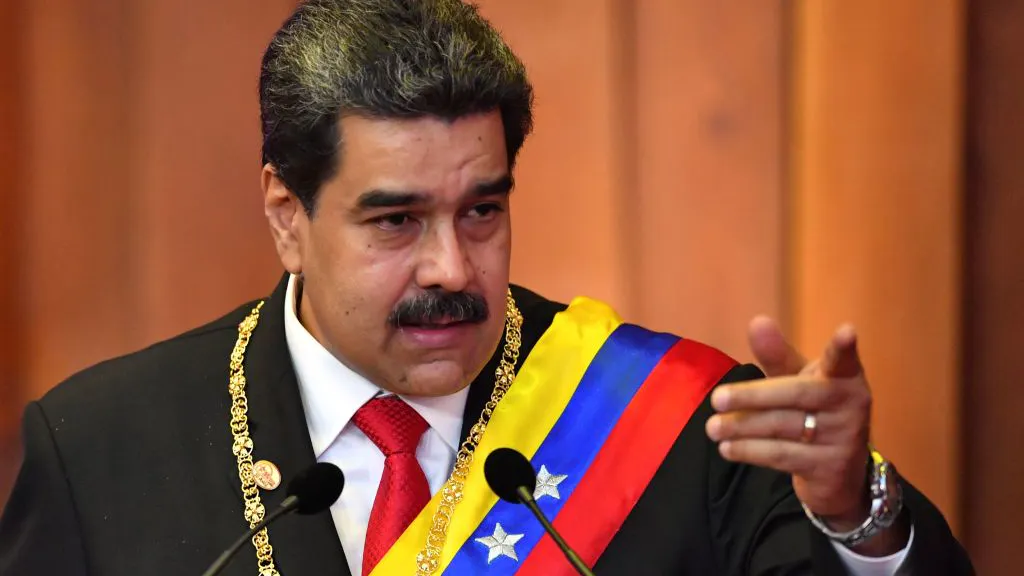A new study reveals that 76.6% of Venezuelans now live in extreme poverty — rising nearly 10% in a single year.
In 2020, the National Survey of Living Conditions — completed by researchers at Andres Bello Catholic University — had found that 67.7% of Venezuelan residents lived in extreme poverty. When income alone is considered, 94.5% of the population lives in poverty.
“It is the absence of opportunities,” Andres Bello Catholic University sociologist Pedro Luis Espana told Reuters. “It is sitting in front of the door of the house, doing nothing, not because you do not want to do anything, but because there is nowhere to do it.”
A host of economic problems currently plague the oil-rich South American nation, including hyperinflation, power outages, and shortages of food and medicine. According to the BBC, more than 5.6 million Venezuelans have fled the country in recent years.
The Heritage Foundation’s Index of Economic Freedom finds that Venezuela is the 177th freest nation in the world — underperforming every other country with the exception of North Korea.
The conservative think tank’s analysis explains that socialism is the driving force behind the nation’s suffering:
Economic freedom has been suffocated in Venezuela under the Chávez and Maduro regimes. If a transitional government could take power and begin the long return to market democracy, it would have to end hyperinflation, restructure public debt, and rebuild institutions to restore confidence in the rule of law and promote investment. The first priority, however, would be to reestablish the cultural foundations of entrepreneurship and free markets.
Venezuela’s modern democratic era lasted from the end of military rule in 1959 until the election of Hugo Chávez in 1999. His successor, Nicolás Maduro, completed the destruction of democratic institutions and established an authoritarian dictatorship in 2017.
In July, the Maduro regime cracked down on political dissidents — surrounding the home of opposition leader Juan Guaidó, who is recognized by the United States government as Venezuela’s legitimate president. As noted by Sen. Marco Rubio (R-FL), however, the Biden administration was removing sanctions on the Venezuelan regime “at the very moment” Maduro’s agents were conducting the raid.
Meanwhile, the United States has provided Venezuela with over $1.9 billion in aid since 2017.

.png)
.png)

